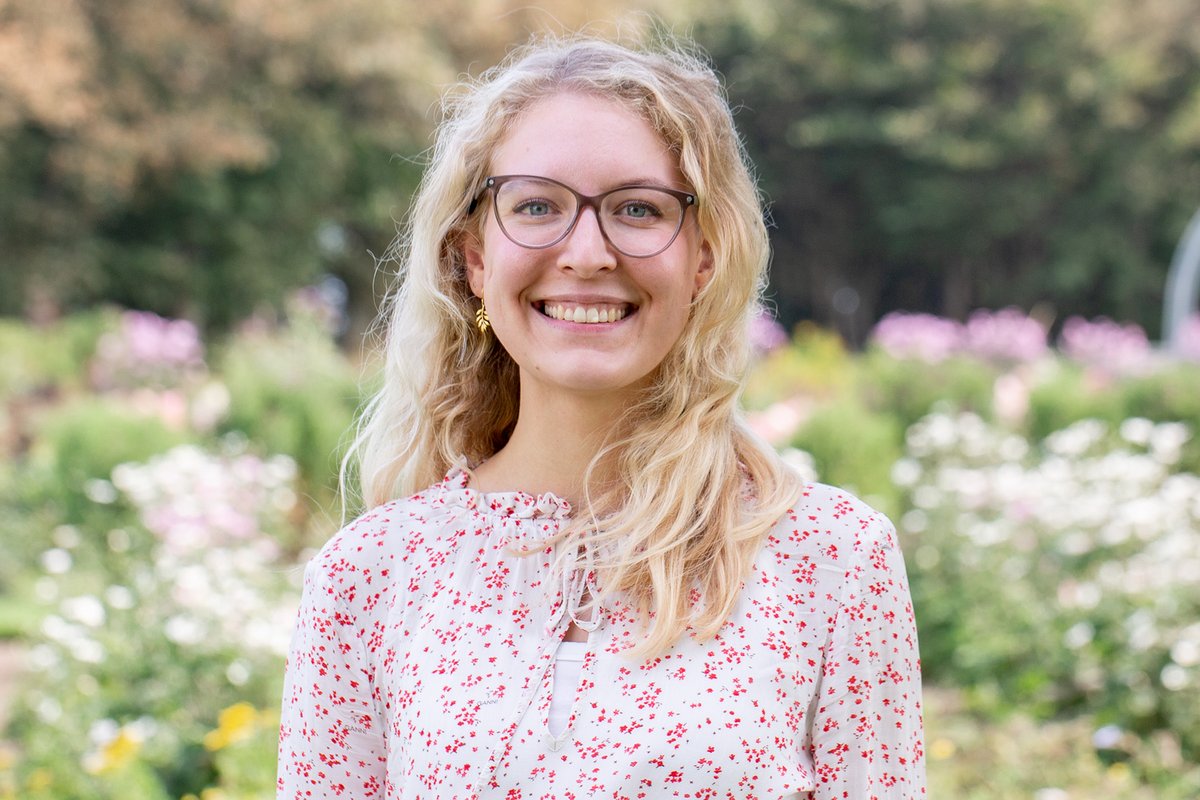Malene Lykke Wind - PhD Scholarship 2023
Project summary:
Structure-based improved treatments for atrial fibrillation
We hypothesize that utilizing structural biology to shed light on small-conductance calcium-activated potassium channels (SK)-channels and novel modulators will accelerate the development of novel treatments against AF, avoiding the serious side-effects of current anti-arrhythmic treatments and obtain a deeper understanding of their function and regulation.
Project Title
Structure-based improved treatments for atrial fibrillation
Background
AF is the cause of 1/3 of all hospitalized heart rhythm disturbances and is associated with an increased risk of stroke & heart failure. Current treatments include anti-arrhythmic drugs and ablation, however, these have significant limitations, e.g. high risk for adverse events, high costs and low efficacy. SK-channels display a different expression profile and directly influence the action potential of the heart. Novel drugs targeting SK-channels could avoid serious side effects.
Aim
The specific aims are to:
- Determine the first structure of a human SK-channel using cryo-EM to shed light on its molecular function
- Obtain a high-resolution structure of SK-channel in complex AF-modulator(s)
- Commence structure-based drug-optimization efforts including preclinical validation
Methods
Using cryo-EM to determine the high-resolution structure of at least one SK-channel apo structure and with modulator bound will be the first key milestone. Next, we will design and synthesize new small molecules based on structural input in collaboration with Acesion Pharma. Their effect will be evaluated with patch clamp on HEK cells and later the SK-channels will be reconstituted into liposomes.
Preliminary results
So far, sufficient amounts of full-length human SK1 channel has been purified from yeast cells, providing a promising foundation for solving the protein structure. The fluorescence-detection size exclusion chromatography profile is indicative of a well-behaved channel. Recently, pharmacological inhibition of SK‐channels with AP14145 in a porcine model has been shown to prevent atrial arrhythmogenic changes.

Malene Lykke Wind
- MSc
- Department of Biomedical Sciences, University of Copenhagen
Co-supervisors:
Bo Bentzen, Ass. Professor, University of Copenhagen
Pontus Gourdon, Ass. Professor, University of Copenhagen
Collaborators:
Acesion Pharma (DK)
Jannick Prentø, Associate Professor, University of Copenhagen
Lucie Delemotte, Professor, SciLifeLab Stockholm